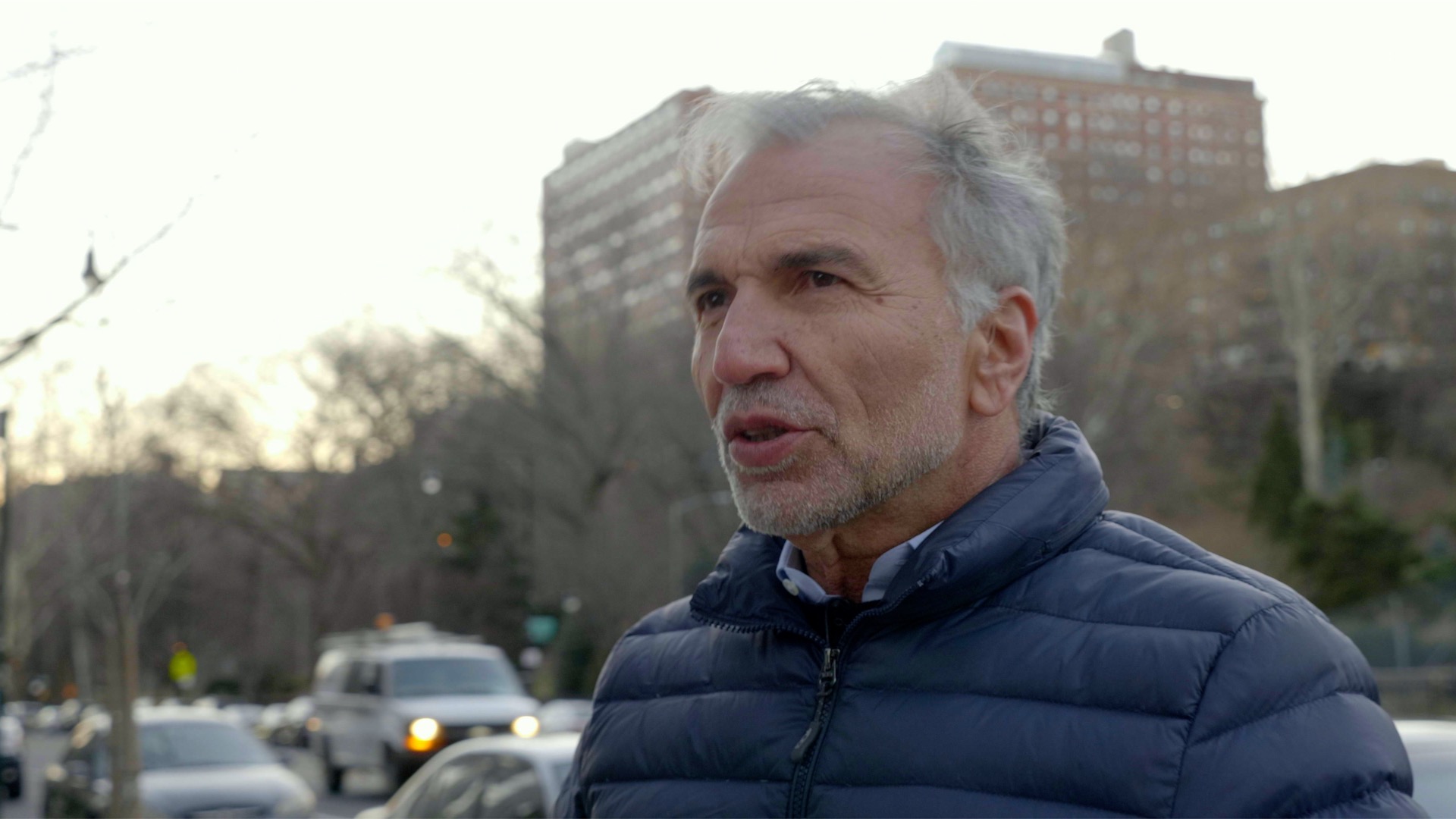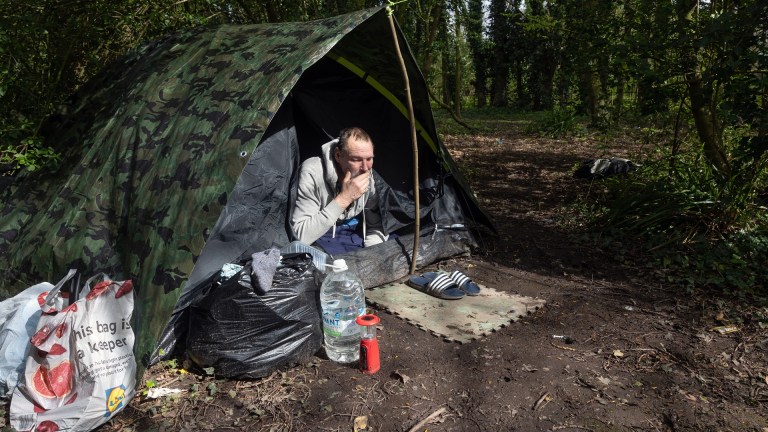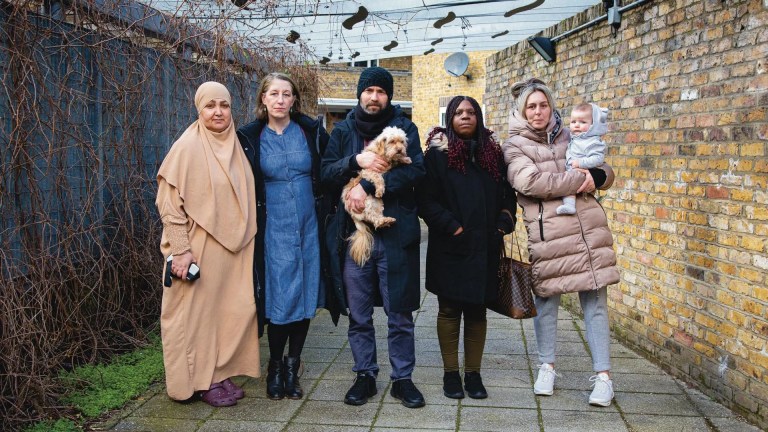It has become a blueprint for tackling homelessness all over the world and Tsemberis has proven to be a charismatic advocate for the model as well as an advisor and sounding board for countries wanting to adopt it. He knew the idea was a good one from the start, he says, but didn’t realise it would have such global impact.
“The idea came from the fact that the number of people who were homeless and living on the street was growing and the system to address it was based on the belief that this thing would just go away some time soon, we just need something quick to get people off the street right now,” Tsemberis tells The Big Issue.
“With our model we quickly understood that we were on to something here, it was extraordinary. But it became a matter of why aren’t people doing more of this? We’re in Covid right now and Housing First felt like we had discovered a vaccine for chronic homelessness and I’m trying to tell people: use the vaccine!”
The response to homelessness during the Covid-19 pandemic has been characterised by a Housing First-style approach. While projects have been developing in the UK for several years, the efforts to move homeless people into hotels and other emergency accommodation removed the barriers associated with housing at unprecedented speed, albeit not in a sustainable way.
The barriers placed in front of homeless people to access housing have traditionally been higher than for the rest of the population, says Tsemberis, in a move that breaches human rights.
Advertising helps fund Big Issue’s mission to end poverty
“For the people who are the poorest, we have created a system in which they have to jump through more hoops than the rest of us,” he says. “If we can show that we can pay the rent and the deposit and are creditworthy then we can rent an apartment. No one is asking you and me how much we drink, or how often we drink or if we smoke weed or whether we’re taking medication for our problems.
“That’s where the rights violation comes in, we are holding a bar much higher for people who are disenfranchised more than ourselves. “
Now Housing First is well on the way to becoming the default response to rough sleeping in Scotland.
And leaders in Westminster are using lessons learned in Housing First pilots across Greater Manchester, Merseyside and the West Midlands to inform how rough sleepers protected from the pandemic are moved into permanent accommodation.
In Wales, 2020 saw the first Housing First in Wales accreditation given to projects in Cowny and Denbighshire with more locations queuing up to increase the use of the model throughout the country.
It’s a sign of a culture shift that Tsemberis has been calling for over the last three decades.
Advertising helps fund Big Issue’s mission to end poverty
“I think there is a sea change now,” he says. “In a strange way this virus has made the point that I have been trying to make for years so much better and so effectively. People need their own place to live.
“20 years I’ve been pushing uphill and this little virus comes along and there are 15,000 people being swooped up off the streets to put up in a room of their own. It was like YES!”
But the question as we kick off 2021 remains the same: can the progress made in 2020 be sustained long-term?
Tsemberis believes it will determine whether his model delivers on its promise in the UK.
“The money spent this year is emergency money – what happens next year?” he says. “That’s what worries me, not for people in hotels who are homeless, but people hanging on to jobs.
“There is a looming after-effect of the economic disaster that this virus has taken. It’s hard to ponder the magnitude of it. The job is not finished.”
Advertising helps fund Big Issue’s mission to end poverty










